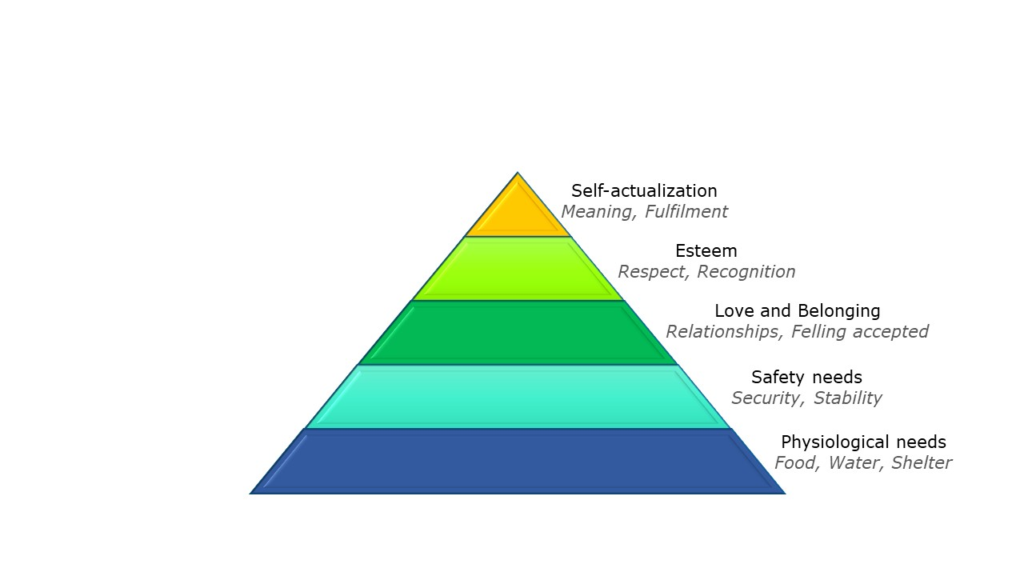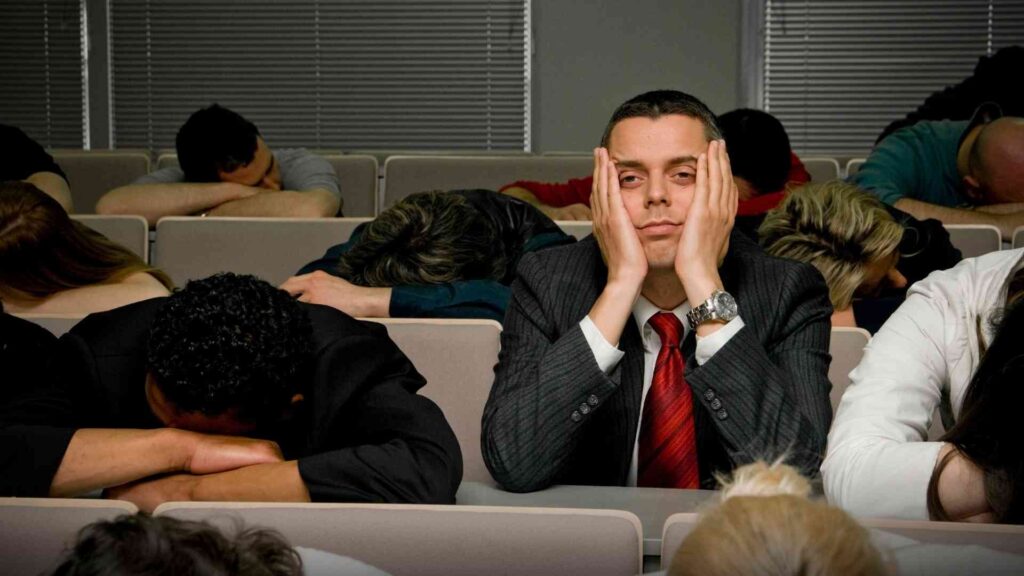Discover comprehensive information for all aspects of sexual health and find resources and guidance to empower your sexual well-being.
Painful erections never indicate normalcy, and sometimes signal a medical emergency. Severe pain may necessitate…
Discover comprehensive information for all aspects of sexual health and find resources and guidance to empower your sexual well-being.
Painful erections never indicate normalcy, and sometimes signal a medical emergency. Severe pain may necessitate…
Prostate health is a critical concern for men, especially as they age. The prostate gland…
Erectile dysfunction (ED) means having trouble getting or keeping an erection that’s good enough for…
Erectile dysfunction (ED) is a common condition affecting men, often characterized by the inability to…
Erectile dysfunction (ED) is a condition that many men face at some point in their…
Erectile dysfunction (ED) is a common condition that affects men of all ages, impacting their…
Commitment issues can often manifest in romantic relationships, work, and other personal or professional spheres.…
To understand the motivations for human behavior, American psychologist Abraham Maslow introduced the concept of a hierarchy of needs in his 1943 paper, titled “A Theory of Human Motivation”.
Maslow wanted to understand what kept individuals from reaching their highest potential. He believed that people have an innate desire to be all they can be. To achieve this ultimate goal, however, some more basic needs must be met. This includes the need for food, safety, love, and self-esteem.
These earlier needs, when not satisfied, supersede the later needs in the hierarchy. That is, higher needs will not appear until one has satisfied the needs in the lower levels. The more these basic needs were not satisfied, the more psychologically disturbed the individual would be.
Maslow also felt that fulfillment in life results from being able to meet the needs at all five levels.
Table of Contents
ToggleThere are five different levels of Maslow’s hierarchy of needs.

Would someone desire safety, love, or self-esteem if they had nothing to eat?
Maslow considered physiological needs like eating, drinking, sleeping, breathing, etc. to be the most essential of our needs.

If all the needs of a person are unsatisfied, these physiological needs, which are vital for survival, then become dominant and all the other needs may become simply nonexistent for that person or be pushed into the background.
For example, when an emigrant/immigrant lands in a foreign country, broke and homeless. Her first aim would be to ensure that the basic physiological needs for food, water, and warmth were satisfied.
If the physiological needs are met, there then emerges a new set of needs, which we may categorize roughly as safety needs.

These include security; stability; dependency; protection; freedom from fear, anxiety, and chaos; the need for structure, order, law, limits; strength in the protector; and so on.
This need is especially evident in children as they enjoy and seek a predictable, orderly world in which to thrive and typically react with fear or anxiety when these are not met.
Maslow states that safety needs lead people to prefer what is familiar, rather than the unknown.
For example, we may choose a job based on benefits like health insurance.
Next comes the need for love (both giving and receiving love). This need includes both romantic relationships as well as ties to friends and family members. It also includes our need to feel that we belong to a social group.

For example, at work, we desire to have a good boss and good working conditions.
When the above needs are satisfied the need for esteem, and to feel good about ourselves arises. This is a desire for stable, firmly based, high, and respectful evaluation of the self.

For example, at work, we feel proud when we get the “Employee of the Month” award.
Related: What Causes Low Self-Esteem?
Even if all these needs are satisfied, we may still often (if not always) expect that a new discontent and restlessness will soon develop unless the individual is doing what he, individually, is fitted for.
Self-actualization is marked by an individual’s feeling that he or she has meaning in life. A man must be what he can be to be happy, be self-fulfilled, and be everything that he is capable of becoming.

Self-actualization looks different for everyone. A musician must make music, an artist must paint, and a poet must write if he is to be ultimately at peace with himself.
For example, at work, we find meaning and satisfaction if we get to explore our creativity.
Related: Logotherapy: Healing Through Meaning
Maslow’s theory helps organizations understand people’s needs and in turn their behaviors and motivations. Organizations can in turn design incentives that drive people and help them perform at their very best.
For example, these days many organizations promote social activities like sports which make people fulfill their need for belongingness.

Unmet needs in each category can have specific effects, such as
| Need | Effect if Unmet |
| Physiological | Illness, Eating or drinking too much Hoarding behaviors |
| Safety and Security | Anxiety, Insecurity, Phobia, Psychological trauma |
| Belongingness and Love | Loneliness, Anti-social behavior |
| Esteem | Feeling worthless, Inferiority, Feeling invisible or Unappreciated, Low self-confidence, Depression |
| Self-actualization | Boredom, Cynicism, Lack of meaning in life |
Under stressful conditions, or when survival is threatened, we can “regress” to a lower need level.
For example, when we have family problems, it seems that love is again all we ever wanted or when we face bankruptcy even after a long and happy life, we suddenly can’t think of anything except money.
If we have significant problems along our development like a period of extreme insecurity or hunger, loss of a family member, or significant neglect or abuse, we may “fixate” on that need for the rest of our lives.
For example, if a person’s parents divorced when she was young then it may happen that despite having a wonderful partner, she gets insanely jealous or worries that her partner will leave because she’s not “good enough.”
Maslow’s theory has become wildly popular in psychology as well as other fields. The fields of marketing and business have been particularly influenced by the theory. But the theory has not been without criticism. Below are some criticisms:
References:
1. Bassett, L. (n.d.). The constitutionality of solitary confinement: Insights from Maslow’s hierarchy of needs. Retrieved February 21, 2023, from https://scholarlycommons.law.case.edu/healthmatrix/vol26/iss1/14
2. Conley, C., & Hsieh, T. (2017). Peak: How great companies get their Mojo from maslow. Wiley.
3. Healy, K. (2016). A theory of human motivation by Abraham H. Maslow (1942). British Journal of Psychiatry, 208(4), 313-313. doi:10.1192/bjp.bp.115.179622
4. Lester, D., Hvezda, J., Sullivan, S., & Plourde, R. (1983). Maslow’s hierarchy of needs and psychological health. The Journal of General Psychology, 109(1), 83-85. doi:10.1080/00221309.1983.9711513
5. MASLOW, A. H. (2020). Theory of human motivation. S.l.: BLURB.
6. Maslow, A. H., Stephens, D. C., & Heil, G. (2000). Maslow on management. New York: John H. Wiley & Sons.
Dr. Nishtha, a medical doctor holding both an MBBS and an MD in Biochemistry, possesses a profound passion for nutrition and wellness. Her personal journey, marked by significant struggles with physical and mental health, has endowed her with a unique empathy and insight into the challenges countless individuals face. Driven by her own experiences, she leverages her background to offer practical, evidence-backed guidance, empowering others on their paths to achieving holistic well-being. Dr. Nishtha truly believes in the interconnectedness of the mind and body. She emphasizes the significance of understanding this connection as a crucial stride toward attaining balance and happiness in life.

